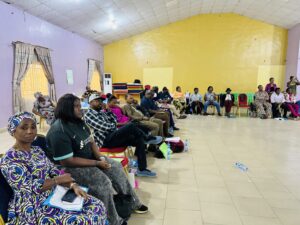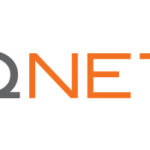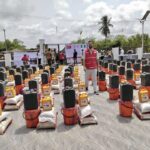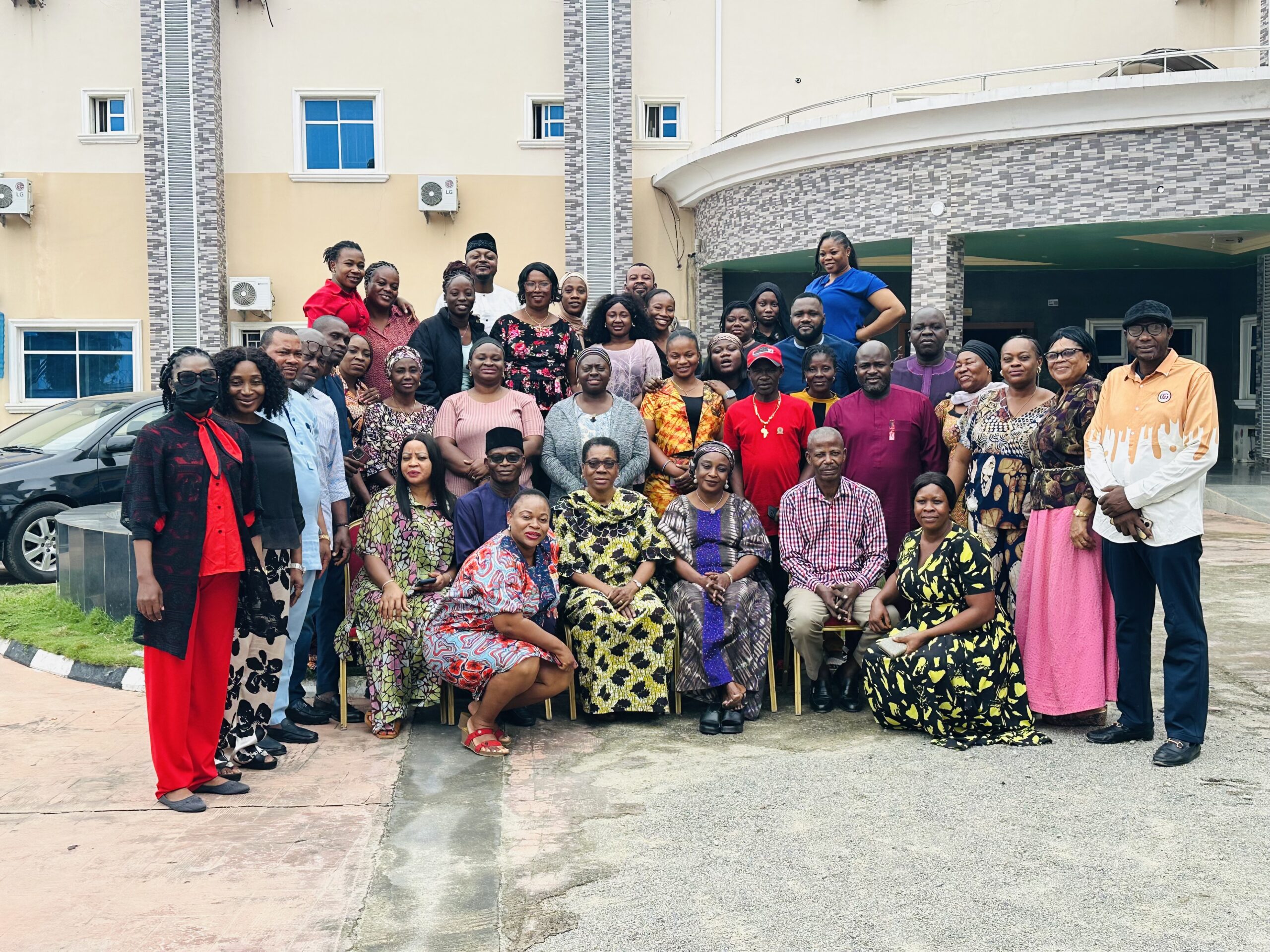By Tosin Kolade
The Federal Government has said that achieving an Open Defecation-Free (ODF) Nigeria will depend largely on behavioural and attitudinal change among citizens, backed by community ownership of sanitation practices.
Mrs Elizabeth Ugoh, Director of Water Quality Control and Sanitation at the Federal Ministry of Water Resources and Sanitation, made this known at the National Training Workshop for ODF Validators in Nasarawa on Wednesday.
“Sanitation is dignity. We don’t have to wait for government to push us. It is hygiene, it is cleanliness. Using and maintaining toilets helps prevent diseases.
“Water, Sanitation and Hygiene (WASH) is preventive health, and if we want a productive economy and healthy workforce, we must address water, sanitation and hygiene,” she said.
Ugoh stressed that while infrastructure and technology were important, the ODF campaign would only succeed if communities adopted a mindset change towards sanitation and hygiene.
According to her, refresher training for validators is part of efforts to reinforce this process by ensuring they are well equipped to support communities and states.
“You don’t stop learning. Majority of those here today are already validators, but this training will refresh their knowledge, align them with the protocols, and enable them to share experiences from the field,” she said.
Ugoh explained that Nigeria now has 149 ODF Local Government Areas (LGAs), but reaching the 2030 target requires scaling up.
“We need more validators who can be deployed whenever states request support from the National Task Group on Sanitation. That is why we are updating the knowledge of those already in the system and adding new ones,” she added.
She further highlighted the importance of sanitation marketing through a demand-driven approach.
“When you trigger under CLTS++, you have created demand for toilets. But that demand must be matched by supply, affordable technologies and artisans who can construct toilets for communities.
“The products should be readily available for people to access and buy,” she said.
Ugoh reiterated that sustaining momentum would require Nigerians to embrace sanitation as a personal responsibility.

A facilitator, Mrs Chinyere Okolo, also underscored the role of demand creation in achieving sustainable sanitation outcomes.
“Demand creation is the linchpin for achieving lasting and equitable sanitation solutions worldwide.
“By integrating community engagement, fostering market innovation, and strengthening enabling policies, we can accelerate progress toward universal access to sanitation,” she said.
Okolo noted that effective demand creation yields multiple benefits, including reduced healthcare costs, improved productivity and higher school attendance.
She added that it also enhances dignity and safety for women and girls who are disproportionately affected by open defecation.
Earlier, another facilitator, Mrs Abasiama Ebreso, gave an overview of the protocol for verification and certification of ODF communities, with emphasis on the broader concept of total sanitation.
According to her, total sanitation goes beyond ending open defecation to ensuring that households and public places adopt sustainable hygiene practices.
She explained that for a community to be declared totally sanitised, all households must use hygienic latrines kept clean at all times, with proper disposal of anal cleansing materials.
She added that latrines, handwashing facilities and urinals should be provided and actively used in schools, health centres, markets and other public places.
Ebreso said adherence to these standards would ensure healthier environments, reduce disease transmission, and sustain progress towards universal sanitation coverage.
The News Agency of Nigeria (NAN) reports that Nigeria launched its Roadmap to End Open Defecation by 2025 in 2016, alongside the “Clean Nigeria: Use the Toilet” campaign, inaugurated in 2019 as its flagship initiative.
While progress has been recorded, experts say challenges remain in funding, enforcement of sanitation by-laws, and private sector involvement.
Development partners such as UNICEF, the World Bank and WaterAid continue to support federal and state governments through behaviour change communication, financing models, and community-led total sanitation interventions. (NAN)
Edited by Abiemwense Moru












